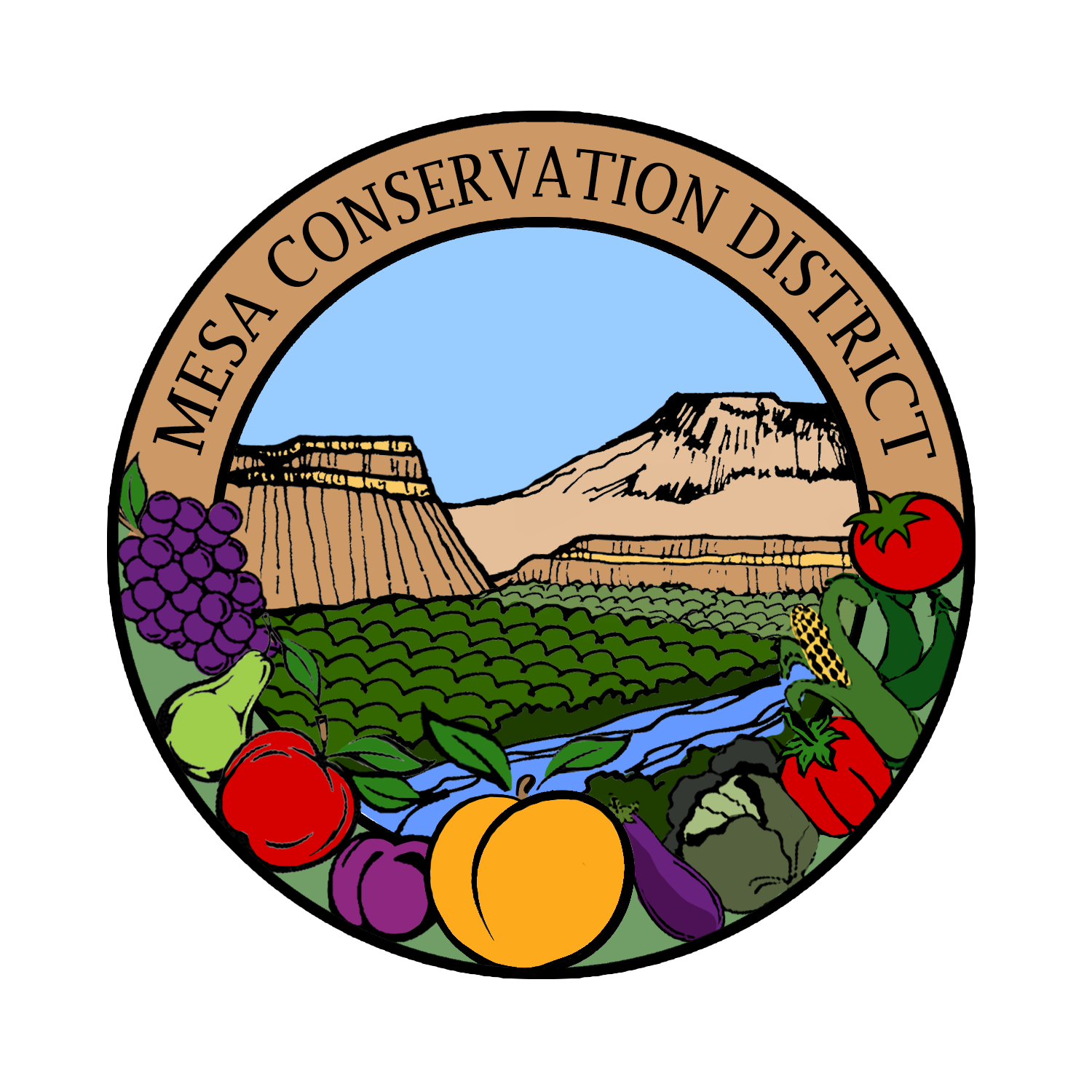
XSP
exploratory scenario planning
Next Steps
Upon completion of these three workshops, it is now up the District, and each of our partners, to determine how to continue this process:
Within our own organizations
as individuals
and in collaboration with one another
We have the opportunity to create or change policies, engage in implementation of strategies, and put projects on the ground that bring our community closer to the future we aspire to:
A water wise, collaborative and resilient community.
…and away from the futures that are unacceptable:
For example: hotter and dryer with a loss of capacity to grow our own food.
Mesa Conservation District is already moving forward on several strategies identified during the workshops:
Collaboration: Forming a ‘Task Force’ that includes a diverse group of stakeholders to apply for a Cooperative Watershed Management Phase 1 Grant from Bureau of Reclamation to prioritize and design projects.
Educating the younger generation and getting them interested in farming: Partnering with Western Colorado Community College to teach two summer camps to middle school and high school students focused on sustainable agriculture.
Community outreach and education: Again, in partnership with Western Colorado Community College MCD is hosting a Community Movie Night once a month where we share an ag/water related short film and engage in community discussion.
Outreach and getting work done: expanding the MCD website to include searchable databases for the strategies developed out of the XSP process as well as a resource portal for landowners and producers to more easily find the help they need.
-
History:
While engaged in the early stages of the XSP process, Mesa Conservation District was approached by a group of local stakeholders interested in applying for a Bureau of Reclamation Cooperative Watershed Management Phase 1 Grant to form a watershed group. The District was asked to act as fiscal agent in applying for this grant. As we began to investigate, we realized that The Conservation District could act as the governing body under which a watershed group might form. This would mean that we could apply for a Phase 1 Grant that focuses on prioritizing and planning projects rather than forming a group. The MCD Board of Supervisors voted to proceed in creating a Watershed group.
As we moved through the XSP process we built many strong partnerships with stakeholders that would be part of this kind of watershed group. We all learned a method for strategizing and working together that lays a solid foundation for a watershed group.
As we began planning for our yearly Local Working Group meeting, we realized that the new standards of a Local Working Group mesh nicely with what we were already doing with XSP. We were able to take the Driver’s of Change and Strategies we came up with during our workshops and use those to guide the conversation with our stakeholders at our live LWG meeting in May and in the survey we’ll send out to gather the rest of the information we need.
The purpose of this yearly gathering is to determine priority natural resource concerns that NRCS then uses to help them prioritize projects and funding in our region for fiscal year 2024. We were so excited to be able to take the scenarios and strategies developed during the XSP meetings and use them to guide the creation of a vision statement for our LWG and guide the conversation around defining priority concerns.
Our next step is to reach out to our local partners/stakeholders to form a steering committee to define the structure and function of our MCD Task Force. Thanks to the XSP process, we already have a solid foundation of working together. XSP created the foundation and fostered the collaboration that makes this Task Force feasible.
We are beginning to research what we need in place to apply for the Phase 1 Grant and are on track to have our ‘Watershed Group’ in place in time for the opening of the Grant opportunity.
-
In addition, the District will take the data gathered during the XSP process as well as the LWG survey to build a searchable database on our website that allows stakeholders to search for scenarios, strategies and projects to see who is already working on something, who is seeking or willing to partner, and who has funding.
There are also plans to build out a resource page for land owners and producers to connect people with the resources they need to implement projects on their land. Land owners and producers will be able to reach out to the District to let us know any issues they have so that we can find them the help they need as well as help them know what kind of programs and funding are available. They will be able to sign up for a newsletter where the District can notify them in a timely fashion as opportunities become available.
And, of course, we built the pages you are reading now to help other communities and Conservation Districts perhaps understand more about how this process worked in our community and how it could work in theirs. Please contact us. We are happy to talk to any Conservation District that might be interested in developing similar strategies in their own District.
-
the pilot
It all began in September 2022, when Mesa Conservation District responded to a call…
-
the Mesa County process
In March of 2023, approximately 30 community members gathered live to brainstorm…
-
next steps
It is up to us as a District, along with our partners, to determine how to continue this process…
